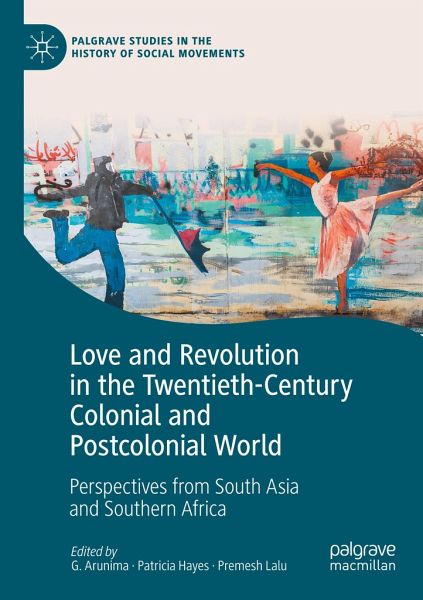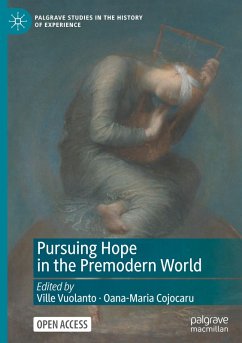
Love and Revolution in the Twentieth-Century Colonial and Postcolonial World
Perspectives from South Asia and Southern Africa
Herausgegeben: Arunima, G.; Hayes, Patricia; Lalu, Premesh
Versandkostenfrei!
Versandfertig in 6-10 Tagen
113,99 €
inkl. MwSt.

PAYBACK Punkte
57 °P sammeln!
This book addresses emancipatory narratives from two main sites in the colonial world, the Indian and southern African subcontinents. Exploring how love and revolution interrelate, this volume is unique in drawing on theories of affect to interrogate histories of the political, thus linking love and revolution together. The chapters engage with the affinities of those who live with their colonial pasts: crises of expectations, colonial national convulsions, memories of anti-colonial solidarity, even shared radical libraries. It calls attention to the specific and singular way in which notions ...
This book addresses emancipatory narratives from two main sites in the colonial world, the Indian and southern African subcontinents. Exploring how love and revolution interrelate, this volume is unique in drawing on theories of affect to interrogate histories of the political, thus linking love and revolution together. The chapters engage with the affinities of those who live with their colonial pasts: crises of expectations, colonial national convulsions, memories of anti-colonial solidarity, even shared radical libraries. It calls attention to the specific and singular way in which notions of 'love of the world' were born in a precise moment of anti-colonial struggle: a love of the world for which one would offer one's life, and for which there had been little precedent in the history of earlier revolutions. It thus offers new ways of understanding the shifts in global traditions of emancipation over two centuries.












